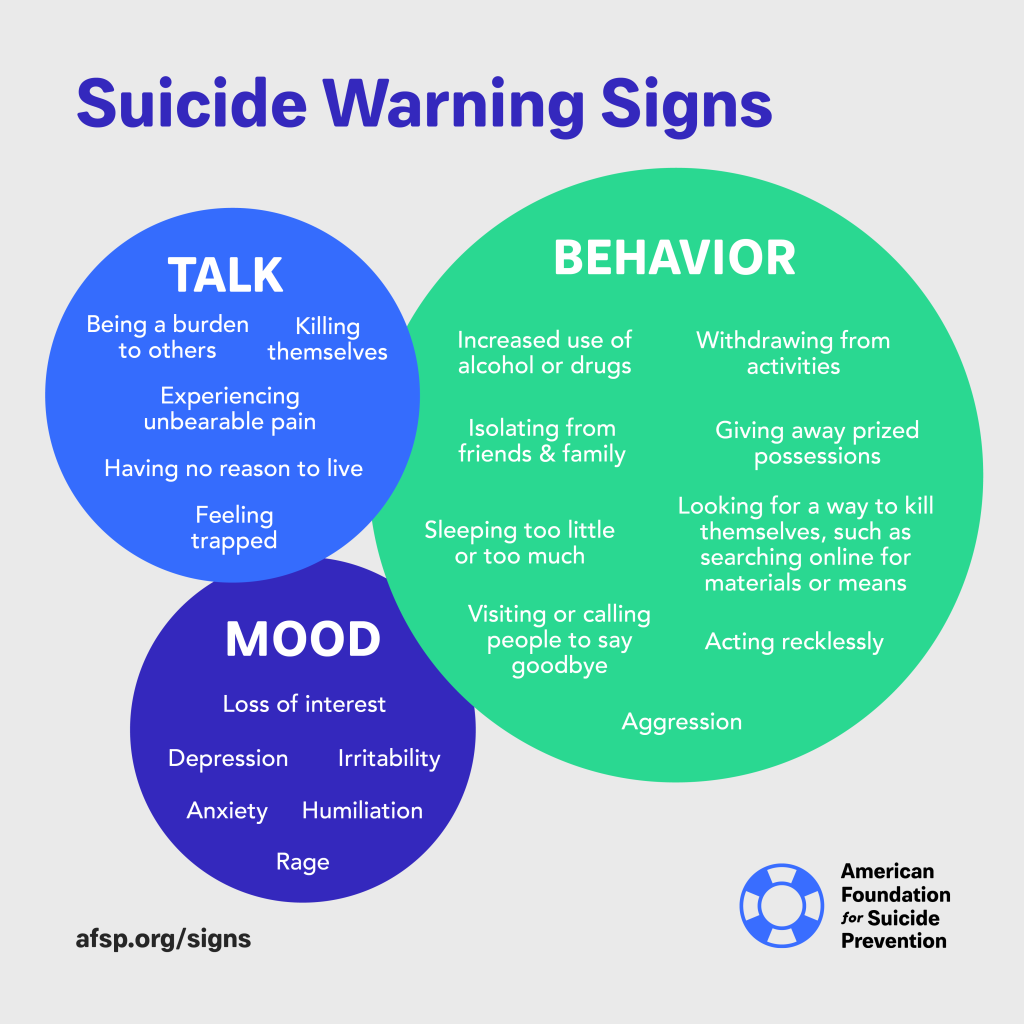Here I am, floating above the real Ali, watching myself being told the rules regarding silverware—pick it up before you eat, return it when finished. I am being told the rules regarding visitors, shoelaces, shower limits, and staff checks every 15 minutes. I am thinking to myself, what am I doing here? How did this happen?
I have just been admitted to an inpatient psychiatric hospital unit for suicidal urges.
Rewind to the night before. I am lying in bed next to my husband who is sound asleep. I have no idea how late it is. All I know is that my mind is circling around one thing, and one thing only—suicide. I have crashed into severe depression over the last few days. It’s not a new feeling, but I can’t believe it is already happening again. The exhaustion, overwhelming disappointment, and immense frustration of managing this ongoing cyclic depression is suffocating me. I can’t take it anymore. My mind is telling me to do something about it. You can fix this! I can’t stop thinking about it—my mind racing and my eyes wide open to the possibility of an end to my suffering. I have a plan. I get out of bed and check that I have everything I need. I know what to do.
But something is telling me to stop. There is a glimmer of hope comforting me—you don’t have to do this, there are other options. I find my medication prescribed for insomnia and I take it quickly before the dark thoughts overpower that voice of hope again. I lie down, pull the covers over my head, and wait in anticipation of drifting to sleep to escape my own dark thoughts and urges.
I have an appointment with my therapist the next day in the afternoon. All I have do is make it to my appointment. Looking back, I don’t know if it was pure luck that I had a therapy appointment scheduled the day after I seriously considered killing myself, or if perhaps the timing was a subconscious intention. Part way through my appointment, my therapist asked me to call my husband and tell him what was going on—because I was about to be walked down to the inpatient admission office.

I panicked. I was terrified of telling my husband what was going through my mind. He had been sound asleep through my intense internal battle between suicide and hope. He knew about my outward experience of depression—hysterical crying, restlessness, lack of motivation or productive energy, poor concentration—but he had little understanding of the darkness and suffering I experienced internally. Shame enveloped me as I prepared to call my husband and tell him about the night before, and my plan to be hospitalized. What will he think of me? He will think I am way crazier than he even realized. He will leave me because I am too much to handle–a burden. He will be angry with me for not waking him up. Oh god, I can’t tell him.
Of course he was surprised, but not disappointed or angry with me. He was worried and supportive, and immediately left work to meet me at the admission office. The shame and embarrassment of suicide kept me silent and isolated at a time in which I needed help the most. This experience opened the door of communication between my husband and I just a bit more. And each time the door opened further, my biggest supporter gained understanding and empathy, and ultimately learned better how to help me—and I learned better how to allow him to.
I urge you to understand that my experience is not unique. But the shame surrounding mental illness and suicide has stifled our voices. I am fortunate to have a hearty support system—my therapist, psychiatrist, family, skills learned through dialectical behavior therapy. But even with support, skills, and over a year of therapy, I fell into the darkness. Think of those who don’t have the support they need and how much higher the risk of suicide becomes without it. The American Foundation for Suicide Prevention has many resources for those needing help, those worried about someone else, and those who want to advocate for suicide prevention through bringing education to schools, supporting legislature, or joining community programs. Here is the foundation’s advice* if you are worried that someone you know may need help:
Have an honest conversation.
- Talk to them in private
- Listen to their story
- Tell them you care about them
- Ask directly if they are thinking about suicide
- Encourage them to seek treatment or contact their doctor or therapist
- Avoid debating the value of life, minimizing their problems or giving advice
If a person says they are considering suicide
- Take the person seriously
- Stay with them
- Help them remove lethal means
- Call the National Suicide Prevention Lifeline: 1-800-273-8255
- Text TALK to 741741 to text with a trained crisis counselor from the Crisis Text Line for free, 24/7
- Escort them to mental health services or an emergency room
Remember that you are not alone. You can build a life worth living, even if it is not the ideal life you planned.
Click here to read my previous post: “Let’s Talk About Suicide”

*afsp.org

I’m glad you’ve got support to help you through this. xo
LikeLike
I am glad you are in a better place
LikeLike